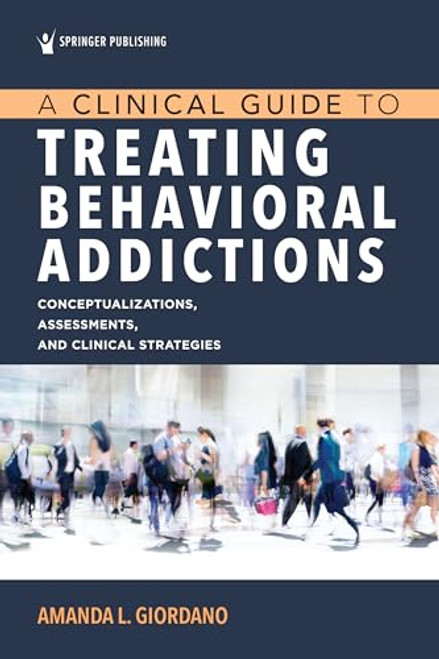This unique book is written specifically for the entry-level counselor preparing for work in the addictions treatment field or the master's-level mental health professional who has little or no training in the treatment of alcohol and drug dependence. An ideal training text, Introduction to Addictive Behaviors reviews and critiques the major contemporary perspectives on alcoholism and other addictions. Emphasizing behavioral science theory rather than the biology or pharmacology of alcohol and drug dependence, the volume explores those theories most important to the front-line substance abuse counselor and mental health clinician: the disease model, psychoanalytic formulations, and theories based on conditioning, social learning, family systems, and sociology. In the treatment field today, there is an enormous gap between clinical practice on the one side and theory and research on the other. Introduction to Addictive Behaviors integrates theory and research with clinical practice to help entry-level practitioners more effectively treat clients with drug and alcohol problems. Clearly illustrating the importance of theory in clinical practice, each chapter features examples that demonstrate how concepts are applied to the helping process. Moreover, each section includes review questions to help clarify and reinforce major points, making the book ideal for classroom use. Introduction to Addictive Behaviors is essential reading for courses in psychology, counseling, social work, nursing, and health science that deal with alcohol and drug dependence. It is invaluable for master's-level counselors, social workers, health educators, nurses, occupational therapists, and other mental healthprofessionals preparing for entry-level work who have limited graduate training in alcoholism and other drug dependencies.
Introduction to Addictive Behaviors, First Edition
MSRP:
Was:
Now:
$8.90 - $300.00
(You save
)
- SKU:
- UPC:
- 9780898623369
- Maximum Purchase:
- 3 units
- Binding:
- Hardcover
- Publication Date:
- 1994-01-10
- Author:
- Dennis L. Thombs
- Language:
- english
- Edition:
- 1

Brand: The Guilford Press
Introduction to Addictive Behaviors, Fourth Edition (Guilford Substance Abuse)
MSRP:
Was:
Now:
$18.77 - $52.54

Brand: The Guilford Press
Assessment of Addictive Behaviors, Second Edition
MSRP:
Was:
Now:
$58.80 - $75.09

Brand: Sinauer Associates
An Introduction to Behavioral Endocrinology, Third Edition
MSRP:
Was:
Now:
$101.49 - $141.72

Worth Publishers
An Introduction To Brain and Behavior. Fourth Edition
MSRP:
Was:
Now:
$21.03 - $266.85

Brand: Sinauer Associates, Inc.
An Introduction to Behavioral Endocrinology, Fourth Edition
MSRP:
Was:
Now:
$14.35 - $48.74

Introduction to Behavioral Research Methods (6th Edition)
MSRP:
Was:
Now:
$12.74 - $252.29

Introduction to Behavioral Research Methods (5th Edition)
MSRP:
Was:
Now:
$202.88 - $263.46

A Clinical Guide to TreatingBehavioral Addictions, First Edition
MSRP:
Was:
Now:
$37.82 - $57.96
!



